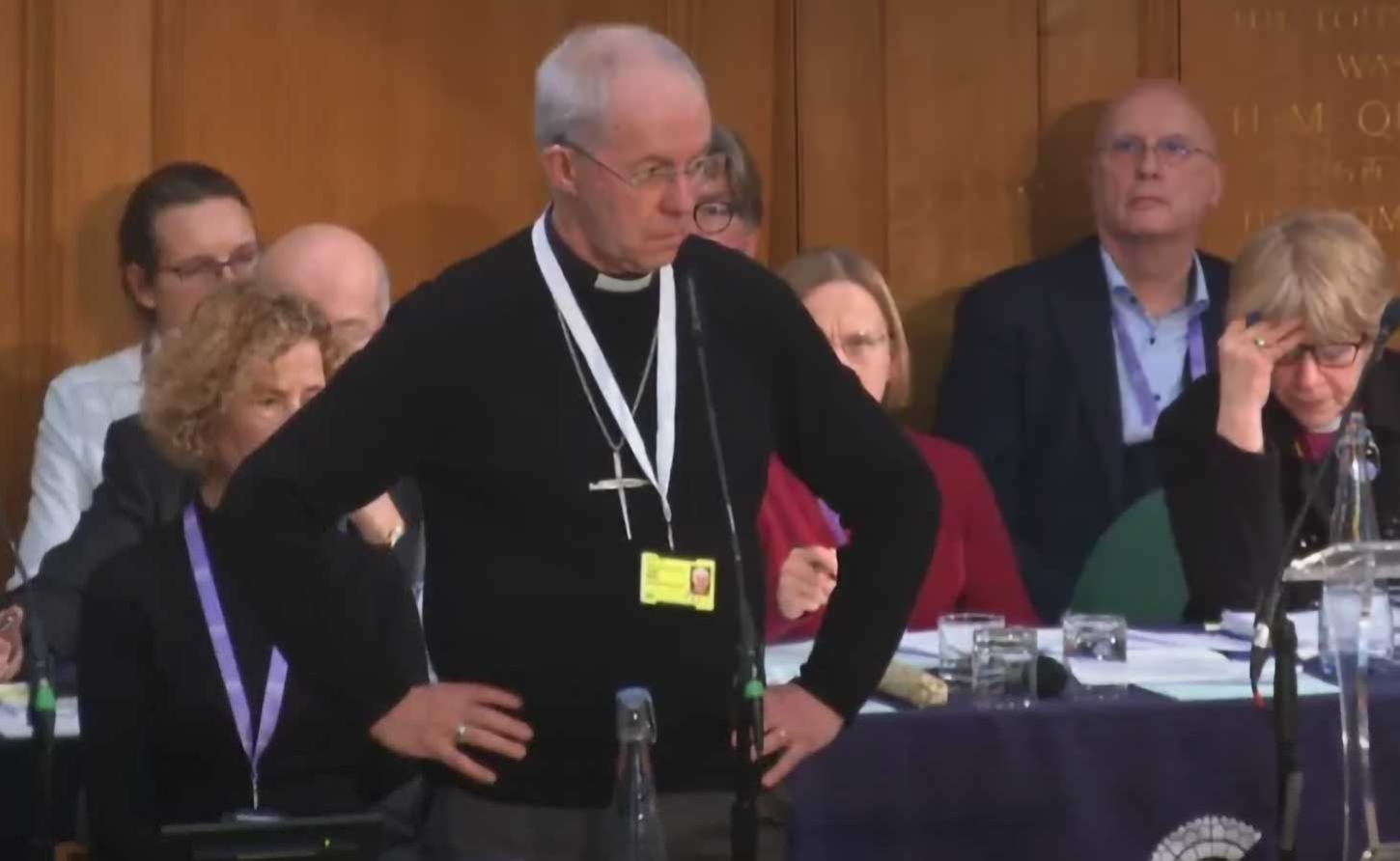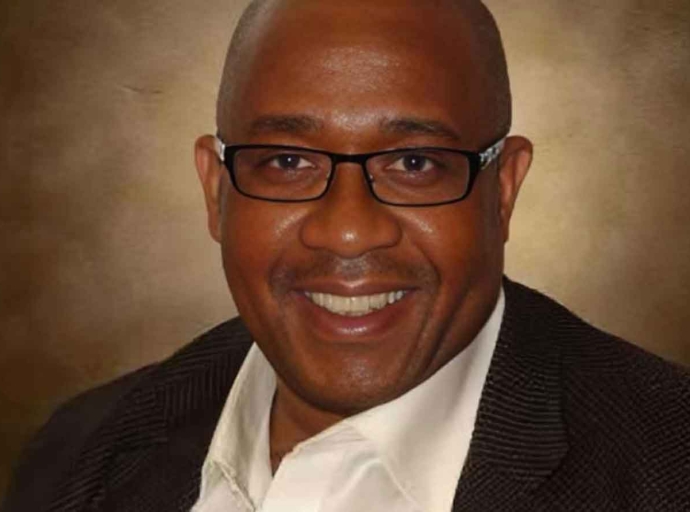CULTURE | Church of England Asked to Get on with the Reparation Program (Part 3):

Toronto, Canada, October 7, 2024. - The Church of England's £7 million Reparatory Justice Program given to Barbados should not be considered reparations. Reparations involve more than just money – the £7 million is insignificant in comparison.

The German government has paid significant reparations to Israel since the 1950s. The most notable agreement was made in 1952 when West Germany agreed to pay Israel 3 billion Deutschmarks (approximately $800 million at the time) in reparations for the Holocaust.
Over the years, additional payments and agreements have occurred, including financial support and various aid packages. The total amount, including ongoing payments, is estimated to exceed $10 billion when adjusted for inflation and additional agreements.
“In 1998, Swiss banks reached a settlement to pay $1.25 billion in compensation to Holocaust survivors and their families” “
In 1998, Swiss banks reached a settlement to pay $1.25 billion in compensation to Holocaust survivors and their families, addressing claims related to dormant accounts and other financial injustices.
Although this amount is not explicitly classified as reparations to Israel, it has had a broader impact on Jewish communities affected by the Holocaust. The settlement aimed to address the scrutiny Swiss banks faced regarding the handling of assets belonging to Holocaust victims and their heirs.
The enslavement and persecution of Jewish people by Nazi Germany occurred primarily during the Holocaust (1933-1945), especially throughout World War II (1939-1945). The period of enslavement forced labor and genocide endured by Jewish people lasted predominantly throughout the war years, from approximately 1939 to 1945, totaling about six years.
In contrast, the transatlantic slave trade lasted from the late 15th century to the mid-19th century. It began in 1492 when the first enslaved Africans were brought to the Americas and continued until the 1860s, with significant activity peaking in the 18th century. The plantation enslavement system, particularly in the Caribbean and the American South, was a central aspect of this trade.
Enslaved Africans were forced to work on plantations producing cash crops like sugar, tobacco, and cotton. This system began to take shape in the early 17th century and lasted until the abolition movements of the 19th century. In the United States, plantation slavery was particularly prevalent from the 1600s until the Civil War, which ended in 1865.
In summary, the transatlantic slave trade and plantation enslavement lasted for about 400 years, with significant variations in time and intensity across different regions. It is challenging to quantify the financial costs of pain, suffering, and genocide of African people.
Nonetheless, it is vital to recognize the presence of anti-Black racism on full display when discussing compensation for repairing the damage, as exemplified by the Church of England's continuous disregard for the value of African people's humanity in its attempts to atone for its crimes.
“ The concept of "no striking laws" was enforced in the European and North American plantation systems as part of the belief in the superiority of whites and the inferiority of Blacks and other people of colour. This normalisation of barbarism and genocide is still being practiced today, as evidenced by genocides occurring in various parts of the world, especially Gaza. ”
The monetary payment for the damage given to Israel relative to the minuscule amount of £7 million offered to Barbados is an additional insult to the accumulated injuries from centuries of crimes against Black people. Furthermore, it ignores the scope and magnitude of these crimes across various fronts and geographies in the Americas.
The Barbados Slave Code of 1661 was not limited to Barbados; instead, Barbados was used as a testing ground for the dehumanization of Black people. This system was later refined in Jamaica before being exported to the US Carolinas and the rest of the Americas.
An example of the Church of England's support for African enslavement is its enforcement of the 1661 Slave Code, Clause #2:
“It is further enacted, ordained, and published that if any Negro man or woman shall offer any violence to any Christian as by striking or the like, the Negro shall for his and their first offense, by information given to the next Justice of the Peace, be severely whipped by the Constable by order of the said Justice... for the third offense he shall receive by order of the Governor and Council such greater Corporal punishment as they shall think meet to inflict…”
The concept of "no striking laws" was enforced in the European and North American plantation systems as part of the belief in the superiority of whites and the inferiority of Blacks and other people of color. This normalization of barbarism and genocide is still being practiced today, as evidenced by genocides occurring in various parts of the world, especially Gaza.
The tragic events unfolding in Gaza today bear a haunting resemblance to the dehumanization codified in the 1661 Barbados Slave Code. Just as Black lives were commodified and brutalized under colonial slavery, Palestinians in Gaza are subjected to collective punishment, displacement, and annihilation, all rooted in a similar ideology of racial, ethnic, and religious superiority. The 1661 Slave Code institutionalized violence against Black bodies and normalized their oppression.
Today, the global failure to address ongoing human rights violations in Gaza mirrors this historical precedent of legitimized brutality. Whether through slavery, apartheid, or occupation, the devaluation of human life persists, and until these ideologies are dismantled, no amount of reparatory justice can truly be meaningful.
-30-
